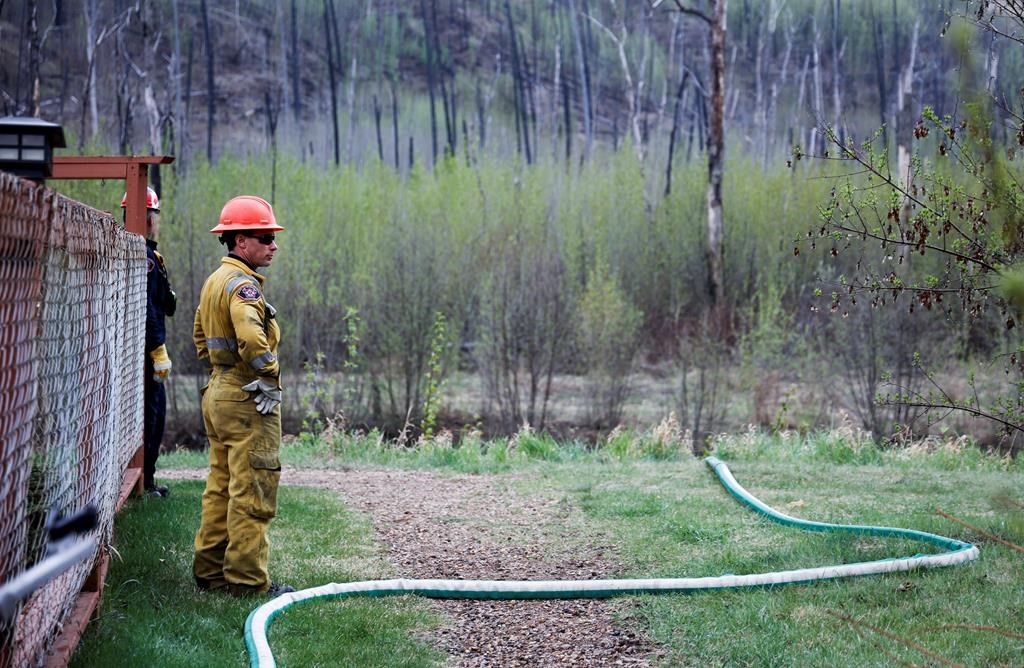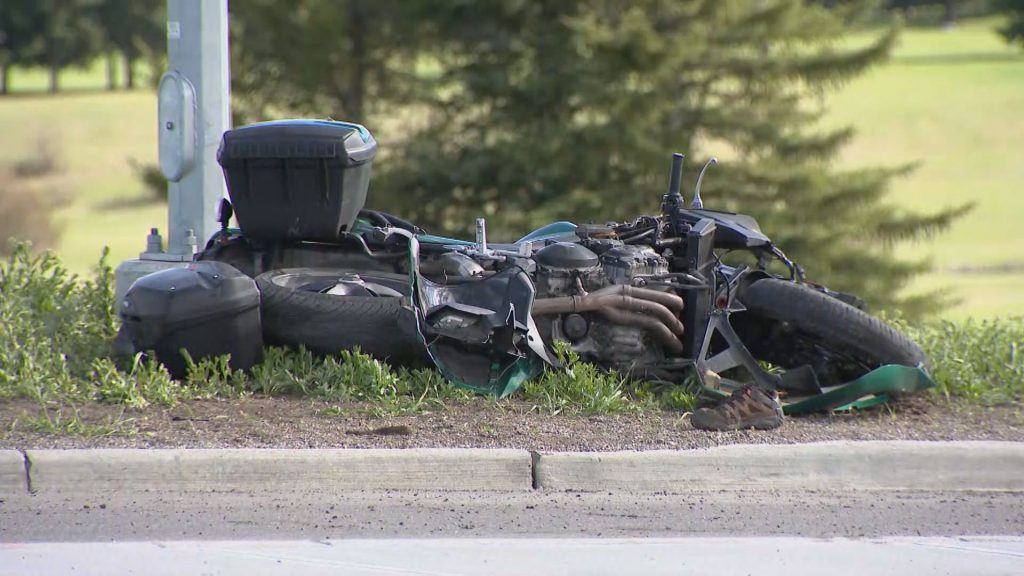35 years later, Air India bombing scarcely remembered as Canadian tragedy
Posted Jun 23, 2020 12:46 pm.
Last Updated Jun 23, 2020 8:31 pm.
VANCOUVER (NEWS 1130) — Thirty-five years after the deadliest mass killing in Canadian history, many don’t know about the tragedy, despite its magnitude.
On June 23, 1985, 280 Canadians, including 86 children, lost their lives in the bombing of Air India Flight 182, which has never really sunk into the national consciousness.
As Chandrima Chakraborty, professor, Department of English and Cultural Studies, McMaster University, tells the Big Story Podcast, right away the federal government framed the bombing as a foreign tragedy, even though the majority of the victims were Canadian.
“It immediately thwarted any attempt to publicly mourn, collectively mourn, come together as a community,” she says of the event, which has been called Canada’s 9/11.
However, it was later confirmed the bombing plot was hatched on Canadian soil.
Chakraborty adds the victims were also seen as immigrants rather than citizens at the time.
“It was the terrorist act that was incorporated into the public’s memory and not the grief of those who lost loved ones,” she says.
The flight was heading from Toronto to London when the bomb detonated and crashed near Ireland, killing all 329 people on board.
Listen: A long fight to make the Air India bombing a ‘Canadian’ tragedy
‘
While there are memorials in places like Vancouver’s Stanley Park, the tragedy is still absent from many Canadian history books, which Chakraborty hopes changes so students understand it as a part of the country’s history.
“Many of my students will say ‘So, this is a Canadian tragedy? It has been called a Canadian tragedy, I am Canadian, how come I have to take your course to find out about my history?'” she says.
Chakraborty compares the Air India bombing with the Ukraine Airlines tragedy near Tehran in January.
“What was most heartening to me, was to see the quick recognition of the Tehran crash where 57 Canadians were lost,” she says.
RELATED ARTICLES:
-
63 Canadians killed in Iran plane crash: Ukraine official
-
‘Broken-hearted’: Port Coquitlam family among those killed in Iran plane crash
-
‘Everyone in the community has felt this loss’: UBC mourns siblings killed on Iran flight
-
Iran plane crash victims remembered at emotional North Vancouver vigil
She adds the criminal investigation into the bombing was the longest and most expensive in Canadian history.
In 2005, the federal government declared June 23 the National Day of Remembrance for Victims of Terrorism in order “to honour the memory of the victims of terrorism and to denounce terrorism.”
A public inquiry into the Air India bombing was launched in 2006. The final report, released four years later, found that a “cascading series of errors” by the Canadian government, the RCMP and the Canadian Security Intelligence Service allowed the attack to take place.
Authorities believe Sikh extremists fighting for an independent homeland sabotaged the Boeing 747.
Inderjit Singh Reyat is the only person who has been convicted in relation to the bombings.
In 2010, he was sentenced to nine years for committing perjury at the trial of his co-accused, who was later acquitted. He was released from prison in 2016. Before his perjury conviction, Reyat pleaded guilty to manslaughter for his role in the bombing.
-With files from the Big Story Podcast, Lisa Steacy and the Canadian Press










